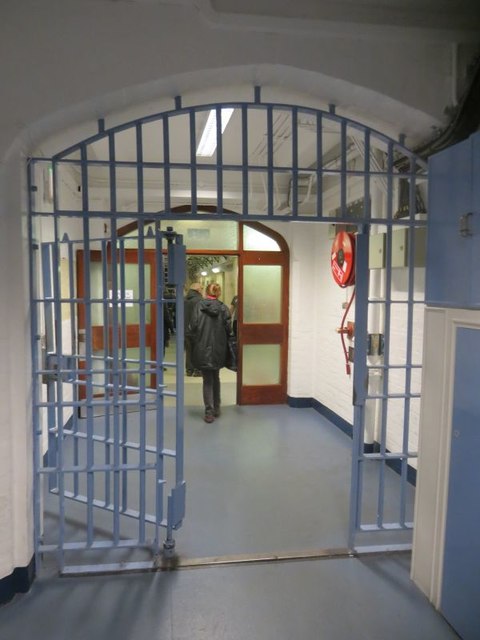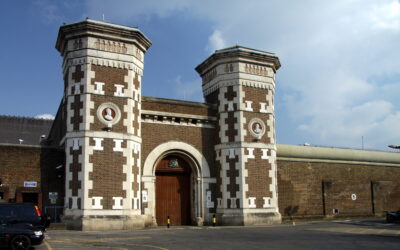
[Image credit: “Into the Prison” by Bill Nicholls is licensed under CC BY-SA 2.0)
During the Covid pandemic, there have been significant limits and halts to prison visits. Once we are out of lockdown, there should be a gradual return to standard visits, so what happens and what are the rules?
The Prison Rules, in particular Rule 35, set out the entitlements to visits for prisoners. A prisoner is entitled to official visits from legal representatives and probation officers without any limit. Social visits from friends and family are subject to varying rules dependent on their status.
Post-conviction – in the 72 hours following arrival at the prison following a conviction, a prisoner is entitled to a “reception visit”.
Unconvicted – a remand prisoner is entitled to a social visit at least three times a week, each of at least one hour.
Convicted – a convicted prisoner is entitled to one social visit per fortnight and one weekend visit every four weeks.
Privilege – at the discretion of the prison governor, additional visits can be allowed if beneficial to the prisoner’s welfare or as part of an incentive scheme.
Remand prisoners do not always have to send a visiting order to friends or family, but convicted prisoners do. A visiting order is issued to the individual prisoner, who then sends it to the person they want to arrange the visit. Each order allows three adults to attend the visits with any children.
Will I be searched?
Lockers are usually available at reception for you to leave any belongings other than loose change for food and drinks. You cannot take anything to give to the person you are visiting and cannot take a mobile phone into the visit with you. You need to be aware of any particular rules at the prison you are visiting, as there can be severe consequences for having something that is not permitted.
You will likely have to walk through a security arch, be patted down and may be sniffed by a sniffer dog. The procedure is similar to that at the airport.
Visitors to Category A (higher security) prisons may have to be security checked and approved before they are allowed to visit.
Can we hug?
On a regular visit, reasonable physical contact should be allowed, such as a hug at the beginning and end.
Closed visits
A closed visit is when the visitor and prisoner cannot touch one another; usually, this is achieved by separating them with a pane of glass or placing them under strict supervision.
Closed visits are often imposed where there is a suspicion that contraband, such as drugs or phones, will be smuggled in to the prisoner. There should be closed visits if there is an identified risk, the prisoner is reasonably suspected or proved of involvement in smuggling through visits or are considered to pose a reasonable risk of involvement. The entitlement to visits remains the same, but they will take place in this controlled environment. In the first instance, closed visits would usually be for three months, and the decision must be proportionate and kept under review.
Banned visitors
Under Prison Rule 35A, there is a power to ban specific visitors. This could apply to people who have been found deliberately smuggling items into prison. Any ban has to be reasonable and would usually be reassessed after a three-month period.
How can we help?
We ensure we keep up to date with any changes in legislation and case law so that we are always best placed to advise you properly. If you would like to discuss any aspect of your case, please contact any member of our vastly experienced Criminal Defence team, for assistance with any criminal law related matter.
–
Mr John Stokes (John.Stokes@danielwoodman.co.uk),
Mr Anthony Pearce (Anthony.Pearce@danielwoodman.co.uk) or
Mr Daniel Woodman (Daniel.Woodman@danielwoodman.co.uk).










